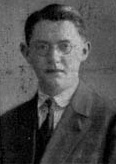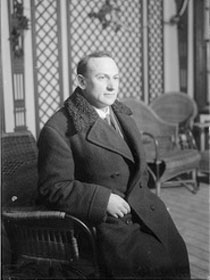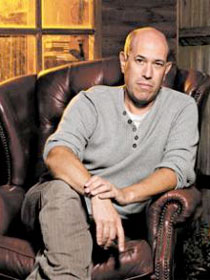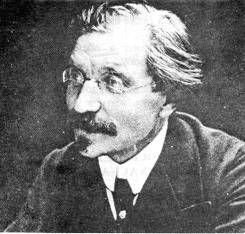 Everyone knows the name “Schoenberg.” We recognize it instantly as the surname of Arnold Schoenberg, one of the most important composers of modern times. Because of his artistic stature, and his various later inclusion of Jewish themes in his work, Jews love to claim him as a Jewish composer. But it turns out there was more than one “Schoenberg” in classical music in the first half of the twentieth century. And the other Schoenberg’s story is arguably even more central to the story of Jewish music in our own time.
Everyone knows the name “Schoenberg.” We recognize it instantly as the surname of Arnold Schoenberg, one of the most important composers of modern times. Because of his artistic stature, and his various later inclusion of Jewish themes in his work, Jews love to claim him as a Jewish composer. But it turns out there was more than one “Schoenberg” in classical music in the first half of the twentieth century. And the other Schoenberg’s story is arguably even more central to the story of Jewish music in our own time.
Subscribe via Email
- Subscribe to the Pro Musica Hebraica Blog by email. Enter your email address to be notified of new posts. You may unsubscribe any time.
The Right Representation of the Holocaust in Art
-
Recent Posts
- Saved: A trove of Jewish music that defied Nazis
- The ARC Ensemble performs the suppressed works of Ukrainian master composer
- The music of the historic Zimro Ensemble at Pittsburgh Jewish Music Festival
- Yiddish Classical Music in America
- Review: WEINBERG Symphonies – Nos 2 & 21,‘Kaddish’ (Gražinytė-Tyla)
 Arnold Schoenberg and Jascha Heifetz considered him one of the greatest composers of their generation. He developed a revolutionary new system of playing the violin, which is now considered commonplace. He was one of the most celebrated and influential Jewish nationalist composers and was among the first to incorporate ancient Jewish trop (liturgical chant) into modern concertos, chamber music, and art songs. Today, hardly anyone knows who he is.
His name is Joseph Achron, the eldest son of a Lithuanian chazan (cantor), and he is one of the greatest composers of the early 20th century.
Arnold Schoenberg and Jascha Heifetz considered him one of the greatest composers of their generation. He developed a revolutionary new system of playing the violin, which is now considered commonplace. He was one of the most celebrated and influential Jewish nationalist composers and was among the first to incorporate ancient Jewish trop (liturgical chant) into modern concertos, chamber music, and art songs. Today, hardly anyone knows who he is.
His name is Joseph Achron, the eldest son of a Lithuanian chazan (cantor), and he is one of the greatest composers of the early 20th century.
